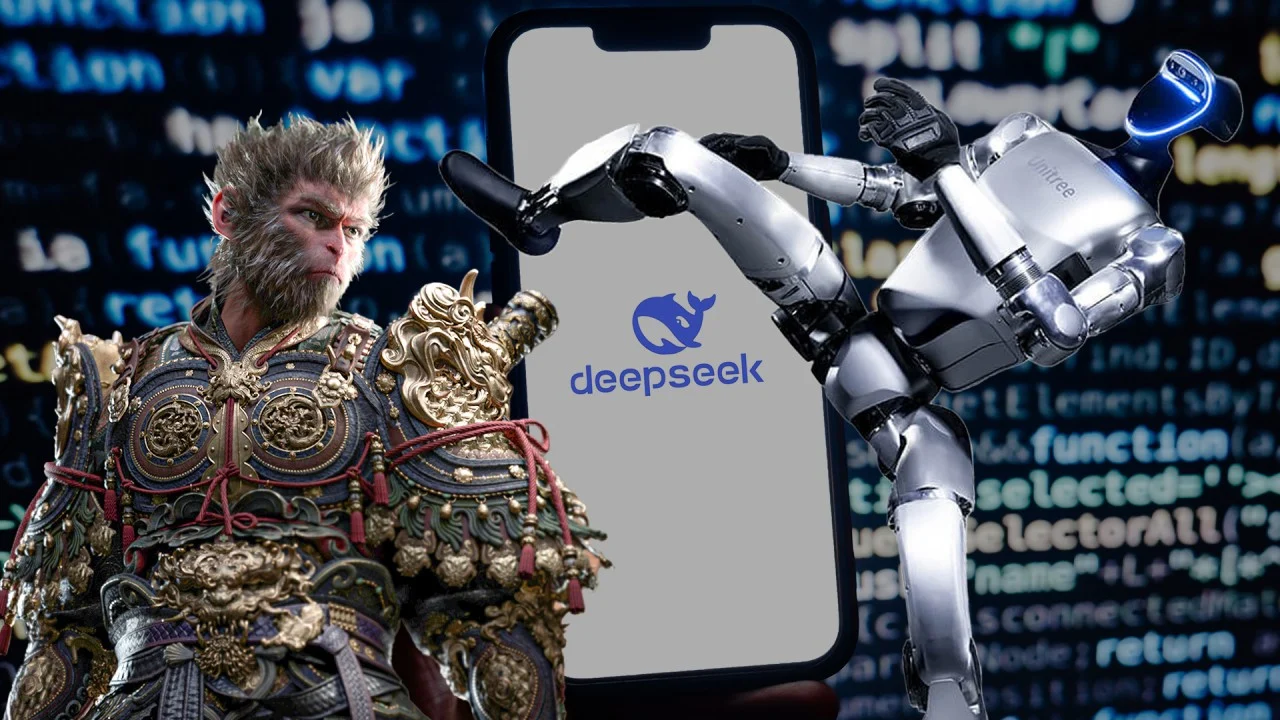Introduction
In the modern world, the line between technological innovation and political authority is becoming increasingly blurred. Global power no longer resides solely in government offices or parliaments—it now thrives in data centers, tech labs, and digital ecosystems.
As nations race to dominate artificial intelligence, cybersecurity, and quantum computing, an unspoken alliance between tech giants and political leaders is emerging. This partnership is quietly redefining influence, governance, and global order in ways few could have imagined a decade ago.
Technology as the New Foundation of Governance
Technology has evolved into the cornerstone of modern governance. From surveillance infrastructure to digital identification systems, states are integrating AI into national policy and security frameworks.
These advancements offer efficiency and protection, yet they also raise concerns about privacy, autonomy, and the ethics of data control. Governments now walk a fine line—leveraging tech for progress while safeguarding democratic values.
The Political Use of Artificial Intelligence
AI has become a key instrument of political power. It predicts voter behavior, manages social sentiment, and even influences election outcomes. Political campaigns are no longer about ideology alone—they’re built on data precision and algorithmic persuasion.
However, with such capability comes responsibility. The manipulation of AI-driven analytics for propaganda or misinformation could destabilize societies and erode faith in democratic institutions. Regulation is becoming essential to protect truth and transparency.
The Influence of Tech Leaders on Global Decision-Making
Global tech leaders like Elon Musk, Sundar Pichai, and Mark Zuckerberg wield unprecedented influence. Their innovations affect international economies, communication, and even national defense strategies.
The world now views them not only as business magnates but as key geopolitical players. Their decisions—whether about data privacy, AI ethics, or social media policies—can ripple through entire nations within hours.
Digital Infrastructure and the Struggle for Sovereignty
Control over digital infrastructure is emerging as the new measure of sovereignty. Nations are investing in domestic technology ecosystems to reduce dependence on foreign systems.
This shift reflects a growing awareness that control of data is equivalent to control of destiny. The competition for technological independence is now a central theme in international relations.
Global Regulation and the Ethics of Innovation
As AI and automation accelerate, the world faces an urgent need for ethical frameworks. Without universal standards, innovation risks surpassing human accountability.
The European Union, United Nations, and global tech councils are working to define digital rights, privacy norms, and AI responsibility. Yet achieving global consensus remains a monumental challenge in a world driven by competitive interests.
Celebrity Voices in the Tech-Political Arena
Interestingly, celebrities have entered the debate around technology and governance. From Hollywood actors to influential musicians, public figures are raising awareness about digital ethics, online safety, and AI’s social impact.
Their voices amplify global conversations that might otherwise remain confined to policy circles. By humanizing complex issues, celebrities are helping translate technology’s impact into narratives the public can understand and act upon.
The Economic Race for Technological Supremacy
The world’s most powerful economies—China, the United States, and the European Union—are locked in a race for digital dominance. AI, semiconductors, and cyber defense are now as crucial as oil once was in determining global influence.
This race has redefined trade, alliances, and diplomacy. The winners of technological supremacy will not just shape markets but rewrite the geopolitical map itself.
FAQs
How are governments using AI in politics?
Governments use AI for data analytics, security, and predictive policy-making, though it raises ethical and privacy concerns.
Do tech CEOs influence global policies?
Yes, their platforms and innovations often shape international regulations, privacy standards, and even diplomatic relations.
Why is data sovereignty important?
Data sovereignty ensures nations retain control over their citizens’ information, protecting independence from foreign influence.
Can global regulation of AI be achieved?
It’s possible but complex, as nations prioritize competitive advantage over collaborative ethics.
What role do celebrities play in tech-related debates?
Celebrities help translate complex digital issues into mainstream conversations, promoting public awareness and accountability.
Conclusion
The convergence of technology and politics marks a new era of shared power and responsibility. As governments rely on digital systems and tech giants expand their reach into public policy, the world must rethink the definition of governance itself.
In this silent alliance of innovation and authority lies both promise and peril. The choices made today will determine whether technology becomes a tool of empowerment or an instrument of control in the shaping of humanity’s digital destiny.





